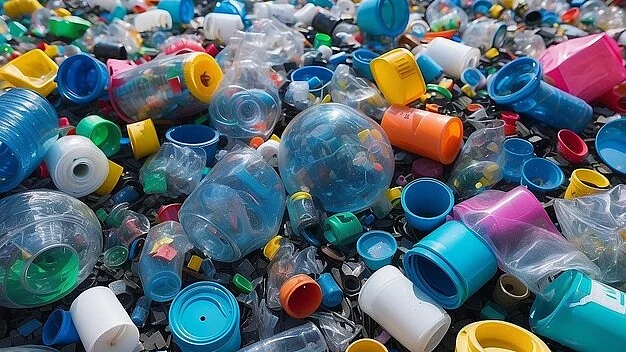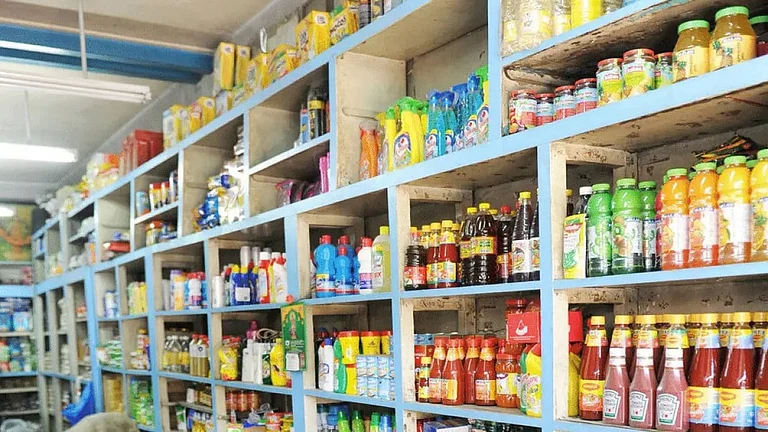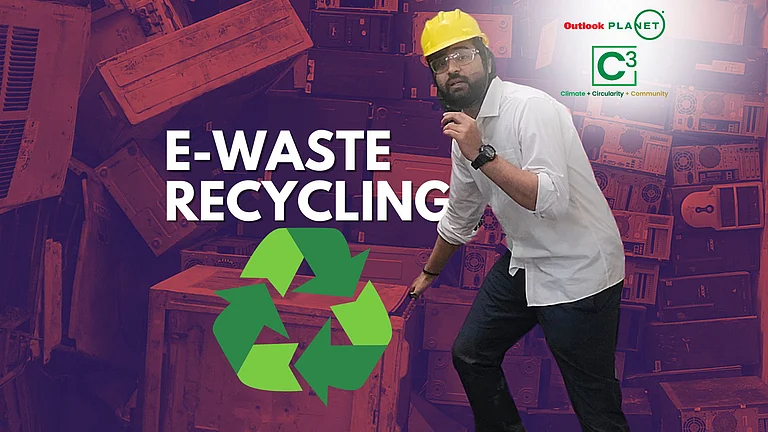Plastic manufacturers have promoted “advanced recycling” as a solution to the plastic waste problem, even though they have known for years that it doesn’t really work well or is too expensive to be a economically feasible solution, according to a new report by Center for Climate Integrity (CCI).
Advanced recycling, also known as chemical recycling, refers to a variety of processes used to break plastics into their constituent molecules. The industry has increasingly promoted these technologies, as public concern about the environmental and health effects of plastic pollution has grown. Yet the rollout of these technologies has been plagued by problems, according to a new analysis from the Center for Climate Integrity (CCI), a fossil-fuel accountability advocacy group.
“The companies make it sound like it’s pretty great, like it’s something we should pursue,” Davis Allen, investigative researcher at the CCI and author of the report told The Guardian. “But they know the problems, the limitation,” Allen added.
According to The Guardian, the new analysis follows a 2024 CCI report which alleged that plastic producers concealed the problems with traditional recycling and argued that they could face legal ramifications for doing so.
“The new report focuses on this modern deception with advanced recycling, which has become a real focus for the industry in recent years,” said Allen.
Reality of Recycling
Though often presented as a groundbreaking solution, “advanced recycling” is not new. A 2020 Chevron Phillips video called it a “revolutionary innovation,” but chemical recycling technologies date back to the 1950s, reported The Guardian.
Trade groups have promoted processes like pyrolysis since the 1970s, despite long-standing technical and economic challenges.
The Guardian also reported that a brochure from the Society of the Plastics Industry trade group claimed that the most common form of advanced recycling, pyrolysis, would allow plastic waste to be “recycled into feedstocks that can be used again to make new plastics” back in 1977.
Mounting Criticism and Alternatives
To address the growing plastic waste crisis, the plastics industry has long upheld “advanced recycling” as a solution. However, experts and environmental groups argue that these technologies have not lived up to their promises.
Despite the industry's claims, advanced recycling technologies have faced significant challenges. A Reuters investigation found that many such projects have been delayed or failed due to economic and technical issues. Additionally, a 2023 report from Greenpeace highlighted that the increasing toxicity of recycled plastics, posing risk to the health of consumers, frontline communities and workers in the recycling sector.






























